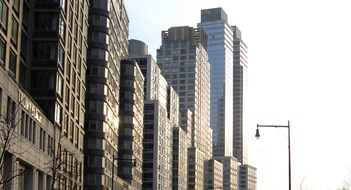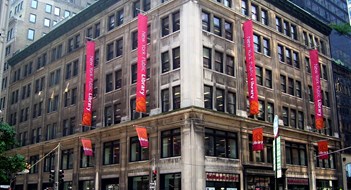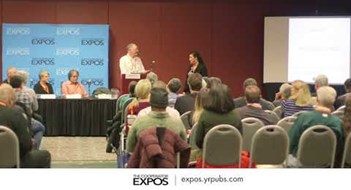Whether you're a board member in a New York City high-rise or a sprawling HOA in suburban Chicagoland or New Jersey, there are organizations out there that can help you and your fellow community administrators be more effective, efficient, …

COOPERATOREVENTS NEW YORK EXPO. WEDNESDAY APRIL 22ND . NEW YORK HILTON MIDTOWN. REGISTER NOW!

Whether you're a board member in a New York City high-rise or a sprawling HOA in suburban Chicagoland or New Jersey, there are organizations out there that can help you and your fellow community administrators be more effective, efficient, …

There's no getting around some expenses -- utilities, scheduled maintenance, and taxes all have to be paid; but there are some areas where a savvy, informed board can keep costs in check without sacrificing quality of service. Here, a pair …

Controversy is not only surrounding Donald Trump's second year into his presidency, but also the buildings in New York City that bear his name. As reported by the New York Post , a condo building called Trump Place at 200 Riverside …

Last October, The Cooperator reported on a legal fight between the non-profit New York Public Library and the board of the Fifth Avenue Tower condominium association. The disagreement stemmed from the library’s attempt to undergo …

Updated December 27, 2017 New York property owners could get some tax relief from the state following the passage of the sweeping new Republican-backed tax law in Washington. Last Friday, New York Gov. Andrew Cuomo issued an emergen…

(Updated on 12/22/17 to reflect that President Trump signed the new tax bill into law) On December 22, 2017, President Trump signed into law a major $1.5 trillion tax plan that Congress had earlier passed, the first re-writing of o…

Whether condo, HOA, or apartment building, security is always a concern in multifamily settings. This seminar will discuss privacy laws as they intersect with boards and owners' responsibilities, the use of surveillance technologies, proper…

Find out why your building is wet, and how to fix it right the FIRST time using proper flashing techniques and passive ventilation. After a brief building science presentation and demonstration, our panel of experts -- including a Structur…

This seminar helps managers and board members alike better understand how, when and why property taxes should be appealed. Presenters cover the appeal process itself, how percentage of ownership influences property taxes, the fiduciary duty…

Even the most tight-knit community faces challenges. Whether that takes the form of board overreach, management issues, or a personality clash between neighbors, knowing how to mediate and resolve conflict can mean the difference between re…